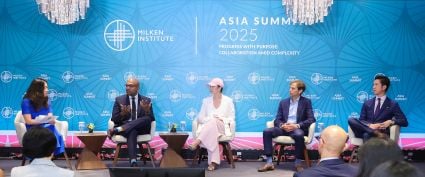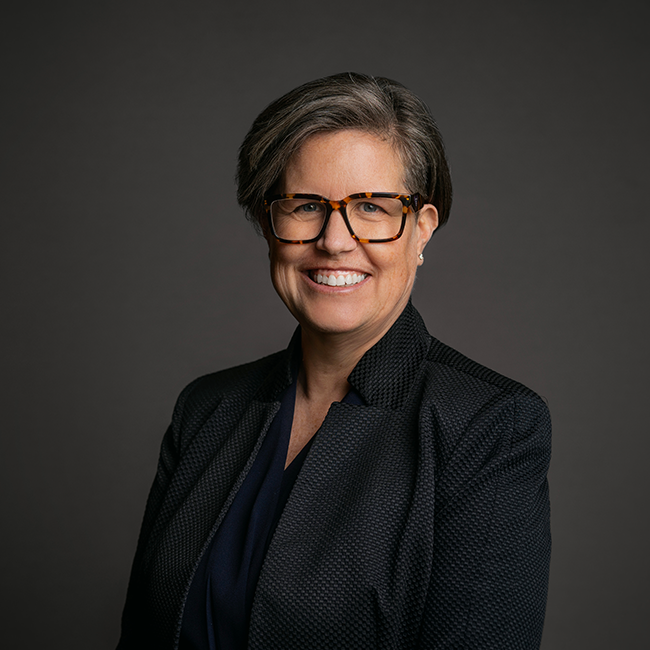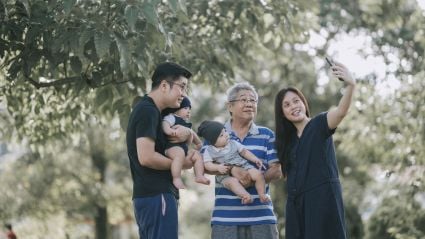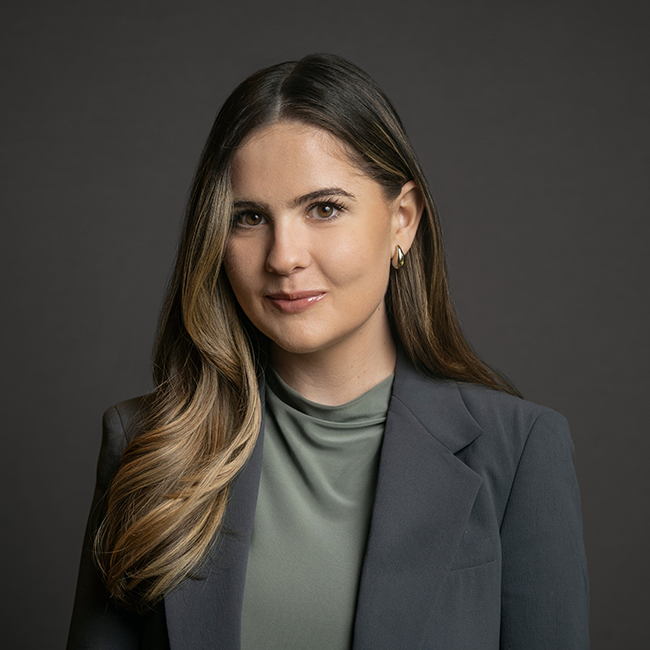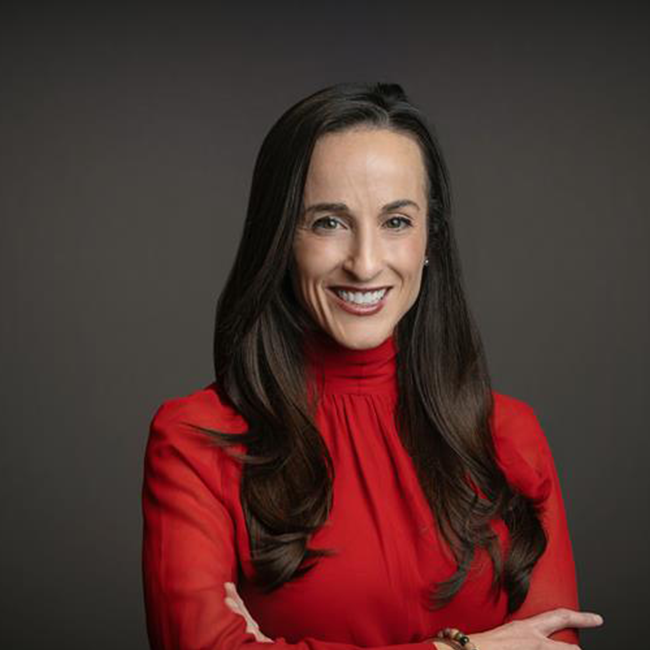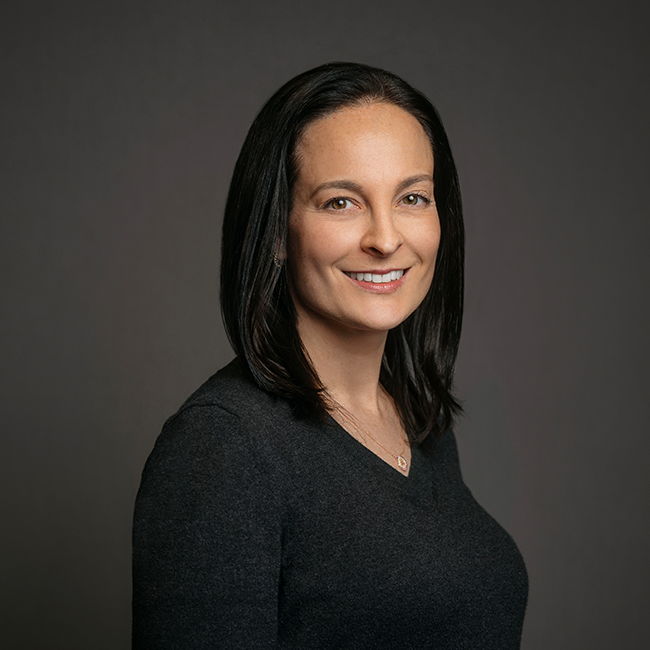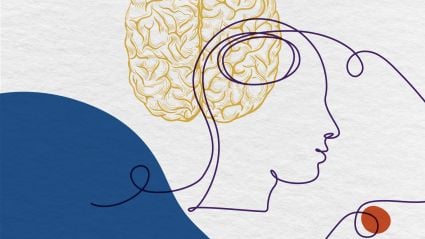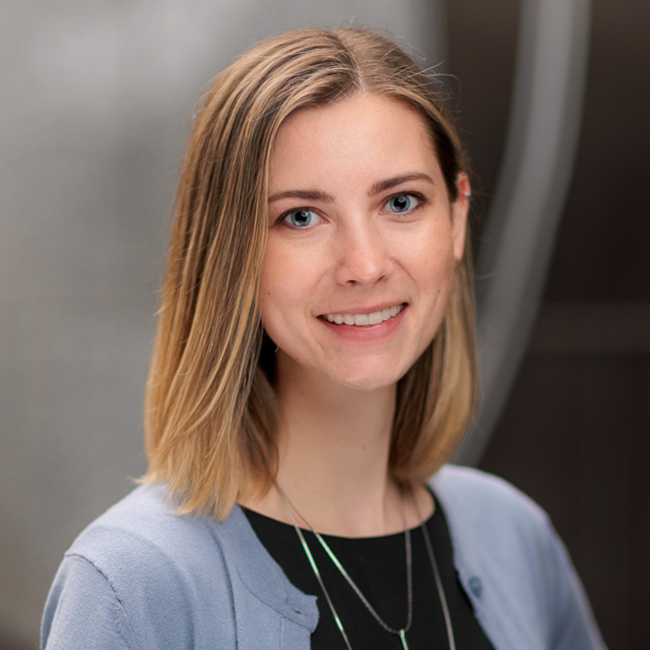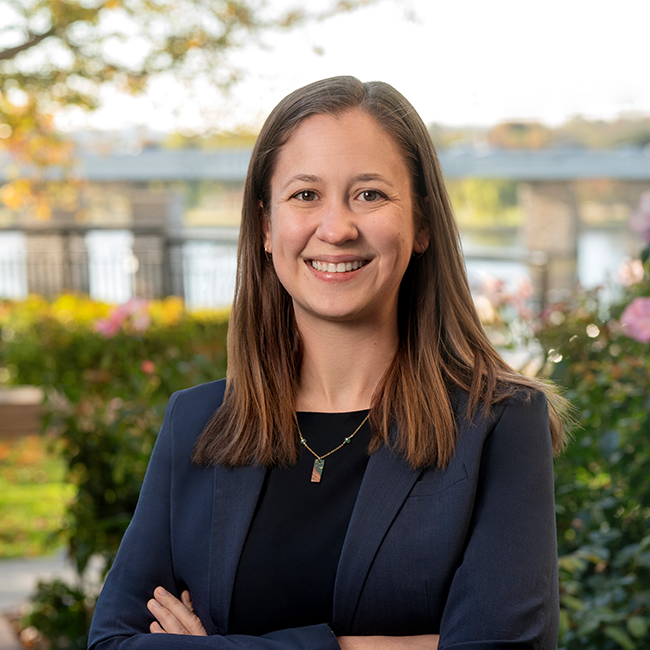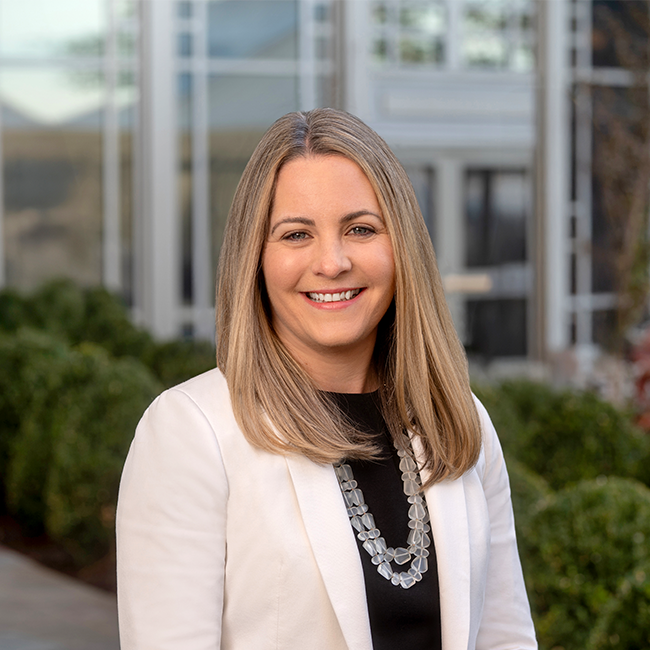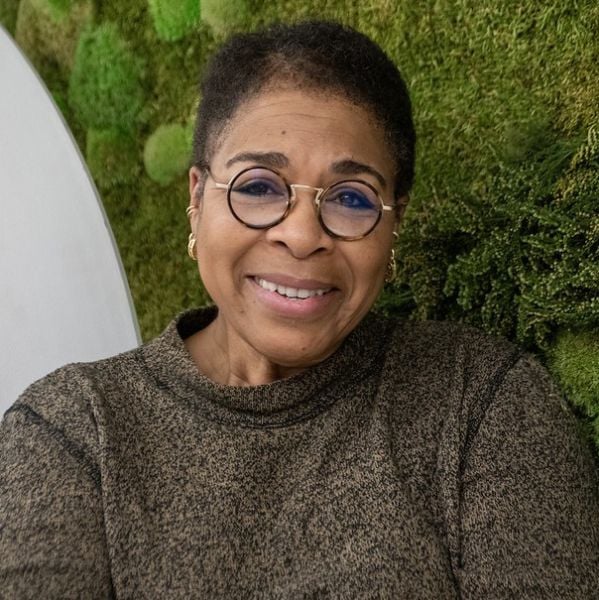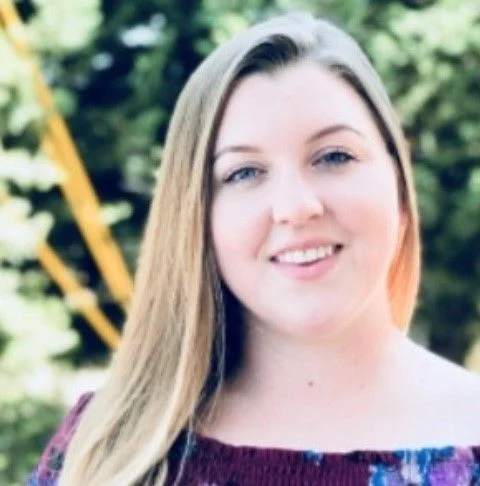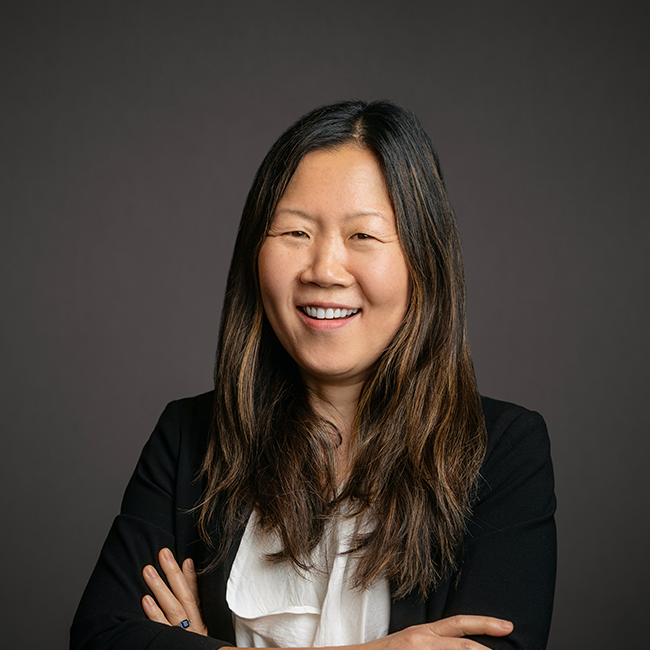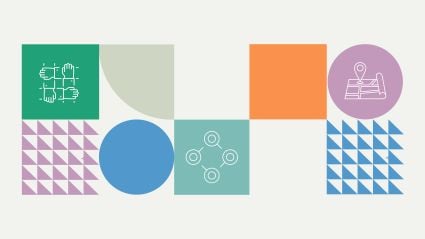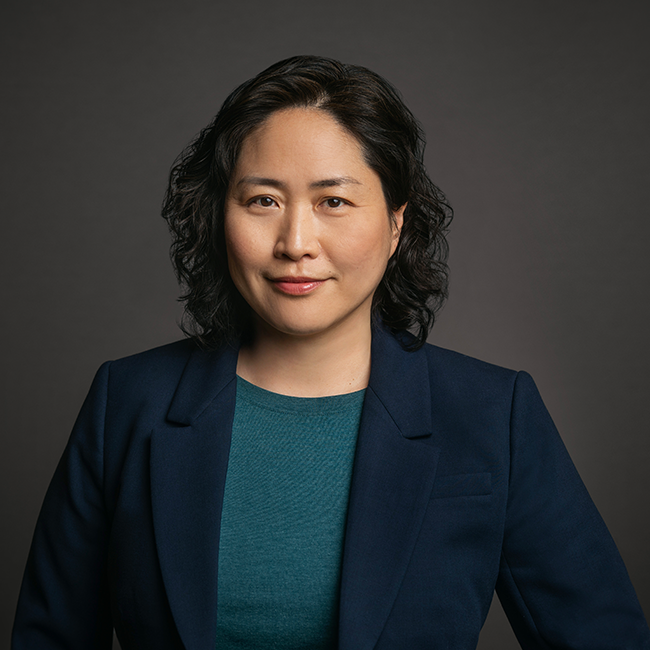
For organizations devoted to advancing science and the health of people, community and participant engagement is foundational to the success of the mission. There is an often-quoted proverb—“To go fast, go it alone. To go far, go together.” Since 2018, All of Us has been working to disrupt the status quo and increase diversity in precision medicine research through engagement.
We see the impact of engagement in the more than 125 community partnerships. About 45 percent of participants self-identify as being from racial/ethnic minoritized populations, and about 80 percent are from underrepresented groups, including some of the largest cohorts of sexual and gender minorities and people living with a disability.
Getting engagement right starts with knowing why it matters. In biomedical research, persistent underrepresentation of communities skews the data, limiting the reach of scientific discovery. Increasingly, the importance of inclusive research is being recognized. The US Food and Drug Administration recently issued draft guidance on clinical trial diversity, to ensure the approval of new treatments is informed by inclusive and equitable research. Additionally, the promise of artificial intelligence in health care is accompanied by growing efforts to mitigate the very real harms introduced by algorithms built on incomplete and biased data, as reported by the US Department of Health and Human Services Office of Minority Health.
"Inclusive and equitable engagement is essential to advancing research and health for all."
Effective partnerships can help inform studies that are responsive to the community needs and generate findings that are more pertinent to the health concerns of patients, encouraging uptake of findings. Equitable partnerships in communities reinforce adoption through better awareness and trust.
Building on these core values of trust and partnership, our approach to engagement uses a socioecological model of community and participant engagement. The successes to date are rooted in key principles:
● Meet people where they are—Access is one of the biggest barriers to participating in research. Through the All of Us Journey mobile exhibit, we create opportunities for communities to learn about the power of research, the contributions individuals can make, and how participation can return value by helping individuals learn more about their health.
● Create sustained engagement—Engagement is fundamentally a longitudinal endeavor. Yet, too often, engagement is viewed as “optional” or a “nice to have” rather than an essential, integral part of the research continuum that requires proper and consistent resourcing. This inconsistency can actually cause further trauma to communities most impacted by health disparities, especially when small-but-mighty community partners rely on resources to service their missions. Science moves at the speed of trust, and being a trustworthy partner takes time, work, and commitment. The roller coaster of uncertain resources from either partner can undermine outcomes. Sustained commitment is crucial to nurturing these relationships.
● Fund local partners—Building on partnerships with national organizations, All of Us has worked to develop partnerships with local community organizations. By engaging with trusted messengers who live and work within communities to foster discussions about medical research, we can create the necessary space to share perspectives, ask questions, and allow funding organizations to earn trust.
● Foster growth of the research workforce—Making the All of Us Researcher Workbench available is not the same as making it accessible. That’s why it’s important to engage researchers, students, and institutions underrepresented in the biomedical research workforce. All of Us and its partners are training the next generation of scientists and ensuring they’re equipped to use our data and tools, bringing their own viewpoint to inform the research questions being explored. Inclusive and equitable community, participant, and researcher engagement is essential to advancing research and health for all. As momentum toward achieving it grows, so has interest in knowing how to foster effective partnerships. All of Us’ work has translated into a practical, evidence-guided framework that research and health organizations can use to develop and implement partnerships and to evaluate the impact of engagement. Disruptive research that truly rises to the clarion call of liberation must acknowledge that effective upstream engagement will ultimately bend the arc of research to be more responsive, inclusive, and applicable to the community and participants, advancing health for All of Us.

